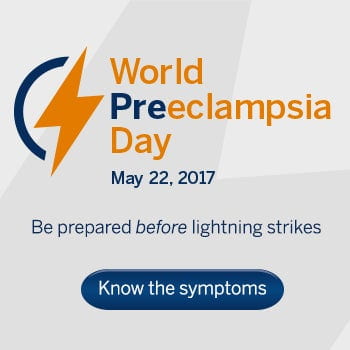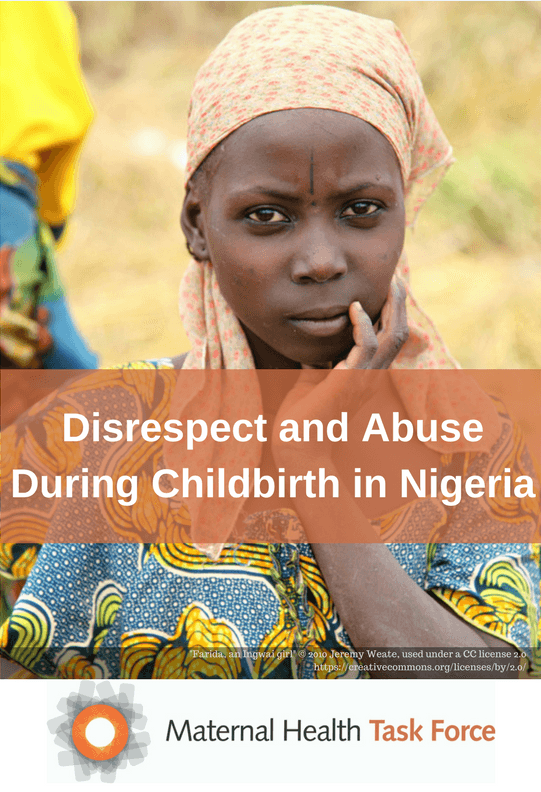Maternal Health Task Force
The Maternal Health Task Force strives to create a strong, well-informed and collaborative community of individuals focused on ending preventable maternal mortality and morbidity worldwide.
677 Huntington Avenue
Boston, MA 02115
Blog
-
Diabetes in Pregnancy: A Round-Up of Key Papers, Guidelines and Resources
Diabetes in pregnancy—or gestational diabetes—is one of the most common indirect causes of maternal deaths. As the global burden of diabetes in pregnancy continues to rise, addressing challenges with measurement, prevention and treatment is imperative to prevent maternal mortality and morbidity. This round-up of key papers, featured guidelines and other resources highlights some of the most pressing issues on this topic…read more
-
Advancing an Evidence-Based Approach to Episiotomy
Episiotomies have long been a topic of debate among clinicians, researchers and advocates. Over the past two decades, a growing body of literature and increased advocacy efforts have led to a general consensus that episiotomy should not be conducted as a standard practice. Nevertheless, in many parts of the world, the majority of women still undergo episiotomy during childbirth…read more
-
[Part 3] Obstetric Fistula: Innovative Interventions and the Way Forward
The devastating effects of obstetric fistula can be prevented and treated with timely, high quality medical care. Innovative interventions, such as mobile-based programs and community and peer support networks, can help women overcome barriers and access life-changing obstetric fistula repair…read more
-
[Part 2] Obstetric Fistula: Women’s Voices
Despite living in diverse political, economic and sociocultural contexts, women who experience obstetric fistula (OF) often tell similar stories. Many have encountered extremely poor quality of care, been stigmatized by their families and communities and struggled with rehabilitation and reintegration following OF surgery. However, many women’s stories also illustrate their resilience and hope for the future…read more
-
[Part 1] Obstetric Fistula: A Global Maternal Health Challenge
Fistula—a hole between the birth canal and another organ (typically the bladder or rectum)—is a tragic maternal morbidity, particularly in low-resource settings. Obstetric fistula, caused by prolonged or obstructed labor, is the most common type of fistula and often results in a number of physical, emotional and social challenges for women who live with it…read more
-
World Preeclampsia Day: Reducing Preventable Deaths From Preeclampsia
As a leading cause of maternal mortality, preeclampsia and related hypertensive disorders of pregnancy claim the lives of nearly 76,000 mothers and 500,000 babies worldwide every year. To raise awareness about preeclampsia as a life-threatening complication of pregnancy, maternal health organizations around the world are joining forces to host the first-ever World Preeclampsia Day on 22 May…read more

-
Wilson Center Event | Humanitarian Response in Urban Settings: Meeting the Maternal and Newborn Health Needs of Displaced Persons
We are excited to announce the upcoming dialogue, “Humanitarian Response in Urban Settings: Meeting the Maternal and Newborn Health Needs of Displaced Persons.” The event will take place at the Wilson Center in Washington, D.C. (and online!) on Wednesday, 31 May 2017 from 2:00pm – 4:00pm EST. This dialogue is part of the Maternal Health Task Force’s Advancing Dialogue on Maternal Health Series, in partnership with UNFPA and the Wilson Center…read more
-
Measuring Women’s Autonomy and Respect During Maternity Care
Ensuring that women receive high quality, respectful maternity care is essential, but designing and implementing indicators to accurately measure women’s experiences can be challenging. Professor Saraswathi Vedam and colleagues recently published two papers describing new measures related to the quality of maternal health care…read more
-
Implementation Science to Improve Maternal Health Research and Programs: The Power of Partnerships
Replicating health interventions in new settings or scaling them up requires careful adaptation to reflect the complexity and diversity in different contexts. Implementation science can help generate evidence that is relevant and useful to decision-makers, resulting in practical, positive changes on the ground. Partnerships between researchers, implementers and policymakers are also key…read more
-
Disrespect and Abuse During Childbirth in Nigeria
Although the literature on violations of respectful maternity care principles around the globe is substantial, there have been relatively few studies conducted in the Nigerian context. A recent systematic review in PLOS One examined the quantitative and qualitative evidence on women’s experiences of disrespect and abuse during childbirth in Nigeria…read more
